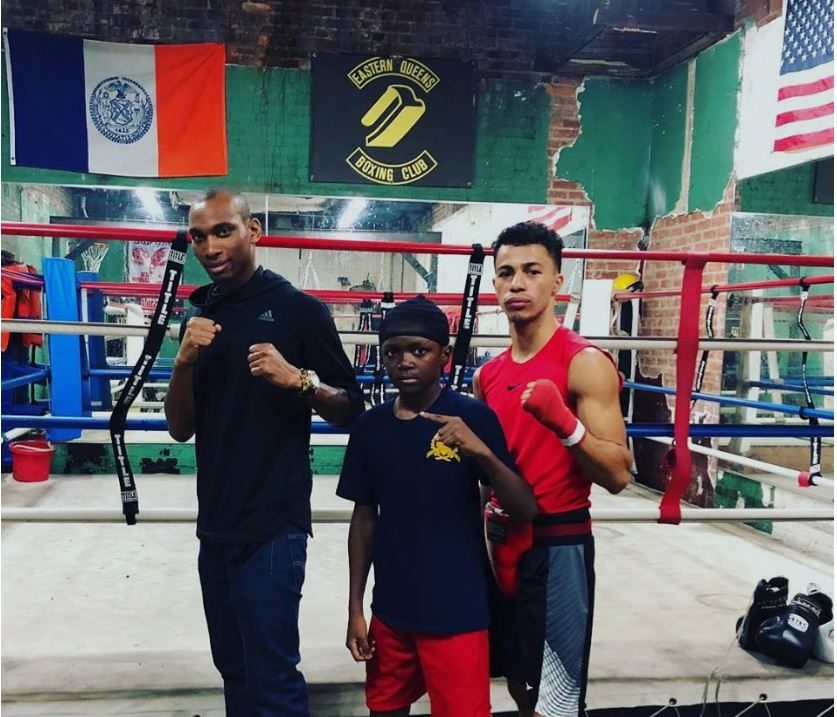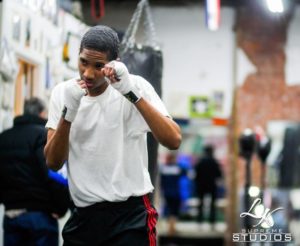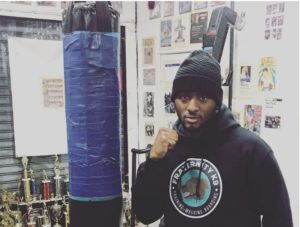- Just for the sport of it, the art and passion as simple as it can be in all of its “specific” enthusiasm and quality, including exercise and the therapeutic qualities of competition (testing oneself). Or
- For the quantifiable belief that change beyond the realm of the pursuit can occur because of being the best; one can capture the people’s imaginations.
Sports Farce Part I

The Weakness of Trying to Be The Best
I’ve been on a journey to find out what good reason there could be to aim to beat anyone at anything. After speaking to an assortment of people—successful entrepreneurs, athletes who have excelled, and life’s complete failures—it has been decided: people win because they are brainwashed and insecure. So gone are the erudites and Bourgeoisies as they lie among them. I have figured it out, not in spite of them but because of them. Where are the exceptions to all these unoriginal followers and dullards?
The two high, noble reasons to aim to be the best:



